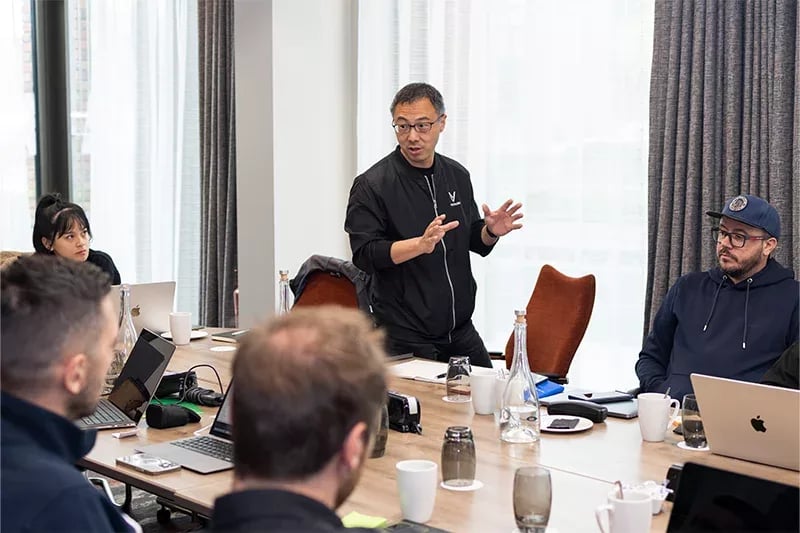News
MWC: Driving Collective Action on Sustainability With the Power of Web3

We all intuitively understand sustainability is important. Metals are finite. Fossil fuel reserves are heating the planet and rapidly diminishing. Plastics in the seas contaminate our bodies through the food chain. Earth has established resource boundaries that humanity has stretched, and so, a sustainable circular economy is not just a ‘nice to have’, it is an imperative.
Sustainability isn’t just about resources, though. The UN’s Sustainable Development Goals (SDGs) outline 17 distinct areas of action, including elements such as ‘Poverty Alleviation’, ‘No Hunger’, and ‘Clean Water and Sanitation’. These goals greatly expand the scope of sustainability, scaling the immensity of the challenge by orders of magnitude.
Faced with such a colossal task, the question invariably turns to - how? How can humanity muster the collective will to enact such change? How can we amplify the efforts of individuals, and facilitate collaboration on the kind of scale that addresses all 17 UN SDGs?
The answer is blockchain.
Building Better With Blockchain
Blockchain - the truth machine - is the greatest tool humanity has developed for seamless, trustless, transparent information sharing. Dubbed ‘Web3’, the internet of value has new principles at its core; ‘Read, Write, Own’.
In this paradigm, like the current internet, users can view and create content, but uniquely, blockchain allows individuals to fundamentally own their data. From the circular economy, to incentivising action on social initiatives, this trait has profound impacts on how people and businesses will operate in the future.
Initially sceptical of the potential of blockchain, we’ve successfully demonstrated the value add of this technology, resulting in hundreds of enterprise applications on the VeChainThor blockchain. Regulatory developments in the United States and Europe in the form of the spot Bitcoin ETF and MiCa regulations respectively, are shifting perceptions even further - 90% of the Fortune 100 are now actively exploring blockchain solutions. While enterprises will play a key role in the sustainability challenge, to date, developments have arguably overlooked the most important piece of the puzzle - people.
Sustainable Change Through Rewards
In the Web3 paradigm, the actions (read; data) of individuals can be transformed into value. Our groundbreaking X2Earn strategic approach to sustainability is leading to a world of interconnected sustainability ecosystems that incentivise and reward engagement. Blockchain presents the tantalising prospect of incentive-driven change, and rewarding sustainable behaviours directly.
Imagine driving an electric vehicle, and earning carbon credits at the end of your journey. Imagine recycling tin cans, only to earn tokens that unlock discounts for your favourite products. Imagine buying sustainable coffee beans, earning rewards for engaging with sustainable brands, and being able to directly tip farmers. In this world, enterprises and individuals are able to deliver greater change, leveraging the transparent nature of blockchain to verify data, actions and activity.
Blockchain is making sustainability a rewarding endeavour, helping businesses meet their obligations, supporting individuals across supply chains, and by helping to shift consumer behaviour through carrots, not sticks. 8 billion people across the globe have immense potential to drive change in pursuit of this common goal. By building circular economies that involve both enterprises AND people, blockchain will facilitate meaningful, productive change, and steer the global economy towards a viable long-term vector.
Sustainability is not the burdensome economic endeavour it has been portrayed as - quite the opposite. According to the Boston Consulting Group, sustainability is a multi-trillion dollar opportunity, and a new economic formula for economic innovation. For the first time, we - the people, can play a direct role, and earn our share of this collective effort thanks to the power of Web3 and blockchain.